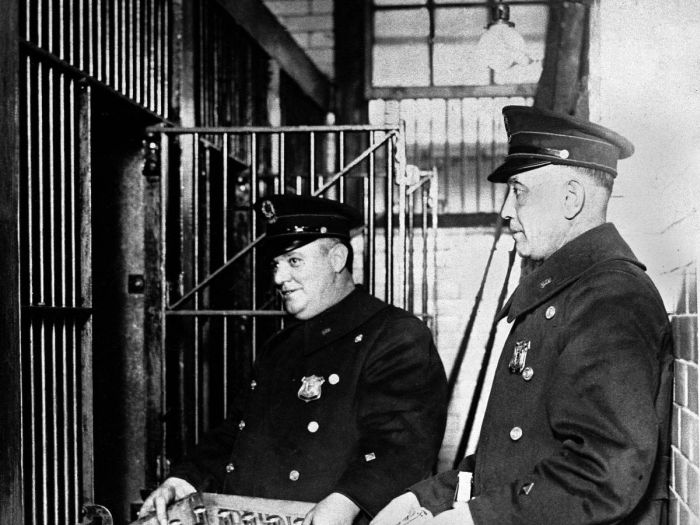|
|
History: Prohibition Of Alcoholic Beverages, Los Angeles, California, United States
|
• Repeal
The Eighteenth Amendment was repealed on December 5, 1933, with ratification of the Twenty-first Amendment to the U.S. Constitution. Despite the efforts of Heber J. Grant, president of The Church of Jesus Christ of Latter-day Saints, a Utah convention helped ratify the Twenty-first Amendment. While Utah can be considered the deciding thirty-sixth state to ratify the Amendment and make it law, both Pennsylvania and Ohio approved it the same day that Utah did.
One of the main reasons why enforcement of Prohibition did not proceed smoothly was the inefficient means of enforcing it. From its inception the Eighteenth Amendment lacked legitimacy in the eyes of the public who had previously been drinkers and law-abiding citizens. In some instances the public viewed Prohibition laws as “arbitrary and unnecessary”, and therefore were willing to break them. Law enforcement agents found themselves overwhelmed by the rise in illegal, wide-scale distribution of alcohol due to the Volstead Act. The magnitude of their task was not anticipated and law enforcement agencies lack the resources needed. Additionally, enforcement of the law under the Eighteenth Amendment lacked a centralized authority. Many attempts to impose Prohibition laws were deterred due to the lack of transparency between federal and state authorities. Furthermore, American geography contributed to the difficulties in enforcing Prohibition. The varied terrain of valleys, mountains, lakes, and swamps, as well as the extensive seaways, ports, and borders the United States shared with Canada and Mexico made it exceedingly difficult for Prohibition agents to stop bootleggers given their lack of resources. Ultimately it was recognized with its repeal that the means by which the law was to be enforced was not pragmatic, and in many cases the legislature did not match the general public opinion.
Prohibition was a major blow to the alcoholic beverage industry and its repeal was a step toward the amelioration of one sector of the economy. An example of this is the case of St. Louis, one of the most important alcohol producers before prohibition started, who was ready to resume its position in the industry as soon as possible. Its major brewery had "50,000 barrels" of beer ready for distribution since March 22, 1933, and was the first alcohol producer to resupply the market; others soon followed. After repeal, stores obtained liquor licenses and restocked for business. After beer production resumed, thousands of workers found jobs in the industry again.
|
|









